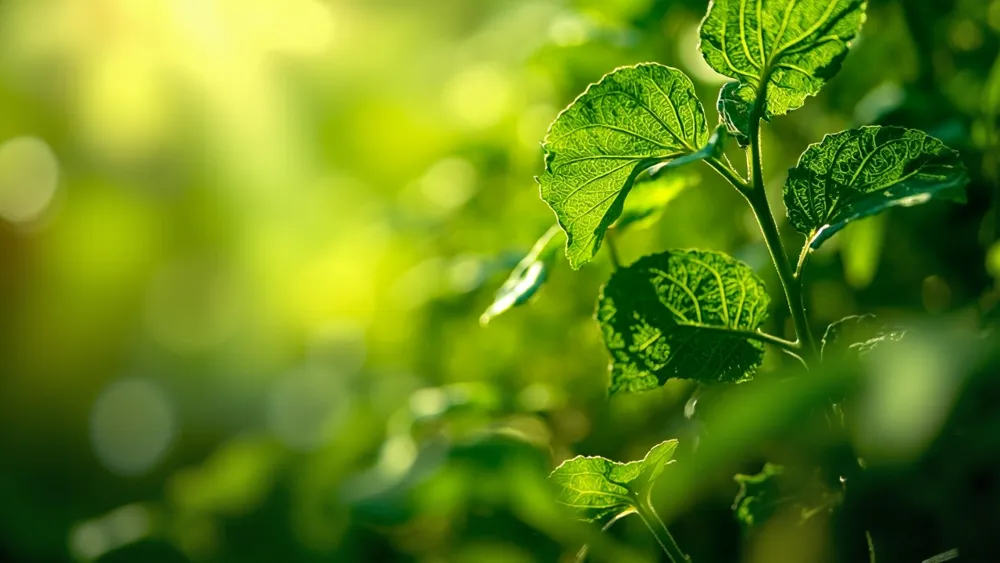Decoding Mendel: Genetic Secrets of Peas Revealed

In the realm of genetics, few figures loom as large as Gregor Mendel, often hailed as the "father of inheritance." His groundbreaking work on pea plants in the mid-1800s uncovered fundamental principles of genetics, such as the laws of segregation and independent assortment. However, Mendel's insights left a lingering question: What are the actual genetic factors he studied? Fast forward to April 2025, a milestone study published in Nature has finally addressed this 160-year-old mystery. Led by a team from Shenzhen Agricultural Genomics Institute in collaboration with the John Innes Centre in the UK, researchers identified the genes underlying Mendel's seven classic pea traits, expanding our understanding of inheritance and holding significant implications for modern agriculture.
The study's methodology included sequencing the entire genomes of nearly 700 pea varieties and constructing a comprehensive database of 154.8 million genetic markers. This extensive mapping allowed scientists to decipher the genetic code behind the seven traits Mendel investigated. For instance, they linked seed shape, pod color, and flower positioning to specific genes. Notably, the research revealed that pod color (green vs. yellow) is tied to the Gp gene, while pod shape is governed by a combination of P and V genes. Furthermore, this study not only answered historical questions but also provided critical genetic resources for crop improvement efforts, demonstrating how detailed genetic understanding can inform breeding practices and enhance food security.
This significant advance doesn't just celebrate Mendel's legacy; it opens up new pathways for agricultural innovation. With identified genetic markers, breeders can now potentially develop new pea varieties more efficiently by targeting specific traits. For instance, they could focus on genes that enhance yield or improve disease resistance—two critical factors in sustainable agriculture. Furthermore, this research lays the groundwork for deeper investigations into complex traits governed by multiple genes affecting crop productivity, nurturance, and adaptability to climate change. As such, it prompts us to consider: How could a molecular understanding of genetics transform the future of food production?
Read These Next

Apple TV 4K: A Fusion of Entertainment and Communication
Apple's new TV 4K with a built-in camera enhances communication and entertainment integration, leveraging its ecosystem's strength while raising privacy concerns.

2026 Nissan Patrol Nismo Unveiled: High-Performance SUV
The article discusses the 2026 Nissan Patrol Nismo, showcasing its high-performance features and design changes as it moves into production, specifically targeting the Middle Eastern market.

Li Guoqing's AI Embrace After Personal Turmoil
Li Guoqing's announcement to enter the AI space post-divorce introduces a critical moment for both personal reinvention and corporate strategy in a changing tech landscape.
